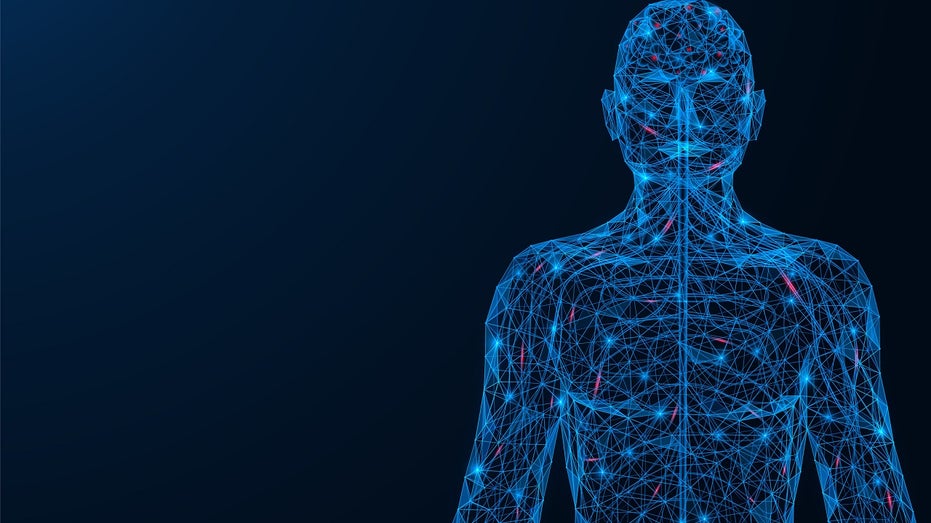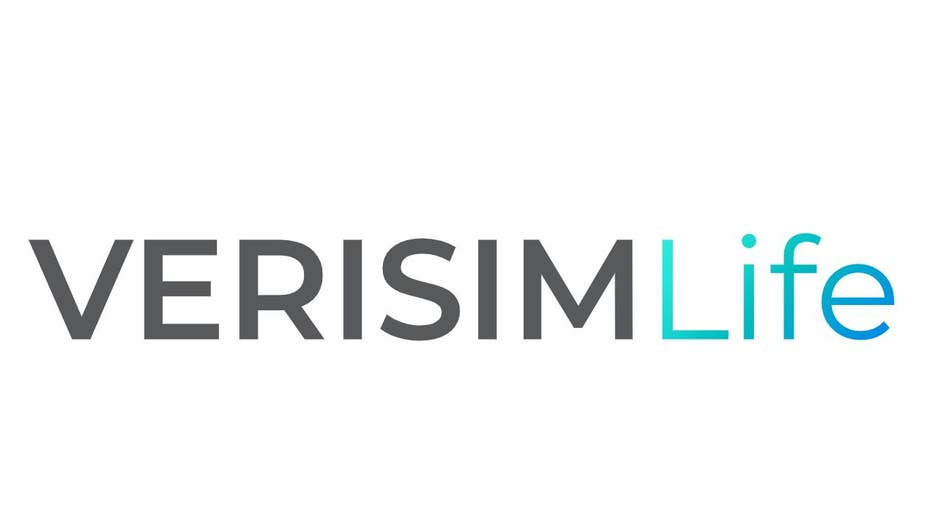AI is already speeding up drug development and reducing animal testing
VeriSIM Life tests pharmaceuticals' efficacy using machine learning, making drug development safer, faster and cheaper
Dr. Thomas Fuchs on the use of AI in combating cancer
Dr. Thomas Fuchs, Mount Sinai dean of artificial intelligence and Paige founder, discusses the impact of artificial intelligence in health care and its use in diagnosing and managing cancer.
Developing life-saving medicine takes a lot of time, money and testing. But one company's artificial intelligence-driven technology provides a way to slash all three while saving the lives of more humans and animals.
VeriSIM Life has developed "digital twins" of various human body types and different animals and uses machine intelligence to test how pharmaceuticals would impact real-life subjects before even going to clinical trials.

VeriSIM Life uses artificial intelligence to test medicines on digital replicas of human and animal biology. (iStock / iStock)
And it does it at lightning speed.
Founded in 2017 by Dr. Jo Varshney, a veterinarian with a Ph.D. in genomics and cancer biology, VeriSIM works with pharmaceutical companies, biotech firms and academic institutions to assess the success and safety of medicines using AI rather than animals during the testing phase.
ARTIFICIAL INTELLIGENCE IN HEALTH CARE: NEW PRODUCT ACTS AS ‘COPILOT FOR DOCTORS'
The drug is then assigned a translational index score, which Varshney likens to a credit score. If a score comes in low, drugmakers may either need to change the direction of their experimental design or go back to the drawing board.
But by using AI simulations rather than experimental animal trials, starting over with a new compound that works can be generated quickly with the software platform's ability to test millions of hypotheses, rather than the typical process of trial and error that normally takes years.
VeriSIM's platform replaces the need for research and development costs related to animal testing, which could save U.S. companies some $20 billion a year collectively and spare countless animals from testing.

VeriSIM Life uses machine learning to test pharmaceuticals, replacing animal trials. (VeriSIM Life)
Varshney told FOX Business she believes VeriSIM's technology is one of the most unique applications of AI in the field since it not only reduces cost and time, but ultimately reduces risk for drug developers because typically some 89% of drugs that pass animal testing fail in human trials.
The technology is also used to develop drugs, enabling testing of pharmaceuticals for smaller populations of patients that pharmaceutical companies might not have been able to financially justify with traditional R&D costs.
FTC ISSUES WARNING ON MISUSE OF BIOMETRIC INFO AMID RISE OF GENERATIVE AI
In addition to VeriSIM, Varshney manages a subsidiary called PulmoSIM Therapeutics, which uses the platform to develop drugs for a rare disease population, and VeriSIM is currently collaborating with the Mayo Clinic to advance drug discovery and development.

Dr. Jo Varshney, founder and CEO of VeriSIM Life (VeriSIM Life)
VeriSIM's primary clients are businesses developing human medicine, but the company also has customers who use the technology for animal drug development. To date, the tech firm has raised around $25 million from investors.
Varshney says the Food and Drug Administration applauds VeriSIM's mission to reduce animal testing, and she believes her company's technology offers a win-win for pharmaceutical companies and patients alike.
"Financially speaking, it's a huge outcome for the companies, but also a huge outcome for the patients who are really waiting for the drug to get into the market or be part of these research trials," Varshney told FOX Business.
GET FOX BUSINESS ON THE GO BY CLICKING HERE
"My vision is that with this technology, we'll have more drugs in the world at a cheaper cost," she explained. "It's a win-win for both pharma companies who can make more revenue by getting more drugs in the market, [and] for patients who get new drugs for currently untreated diseases and cheaper drugs because, hey, we have more drugs now to be able to distribute."





















